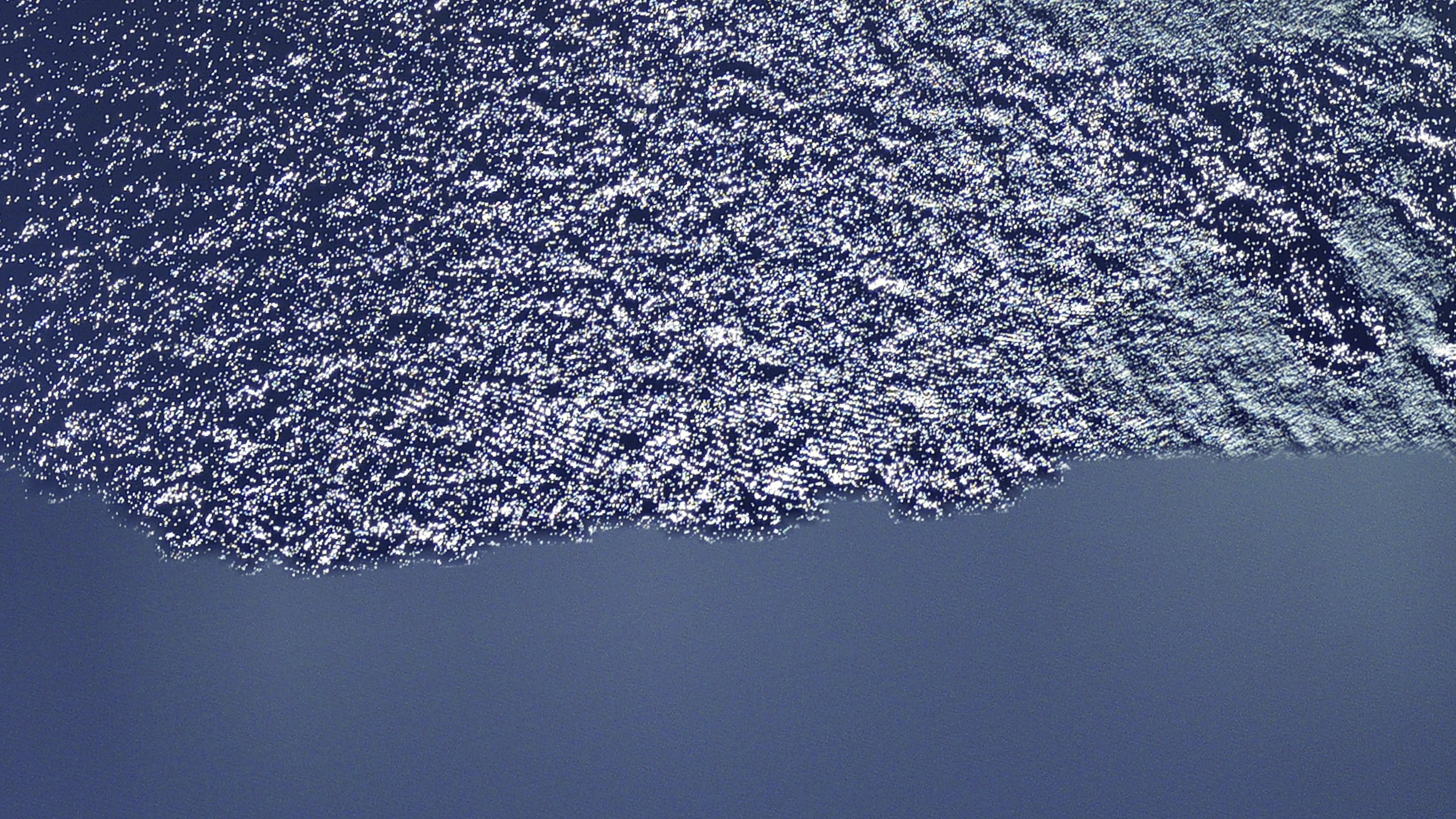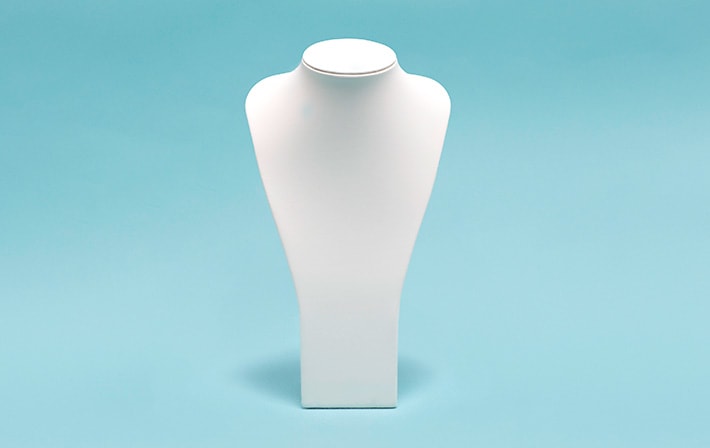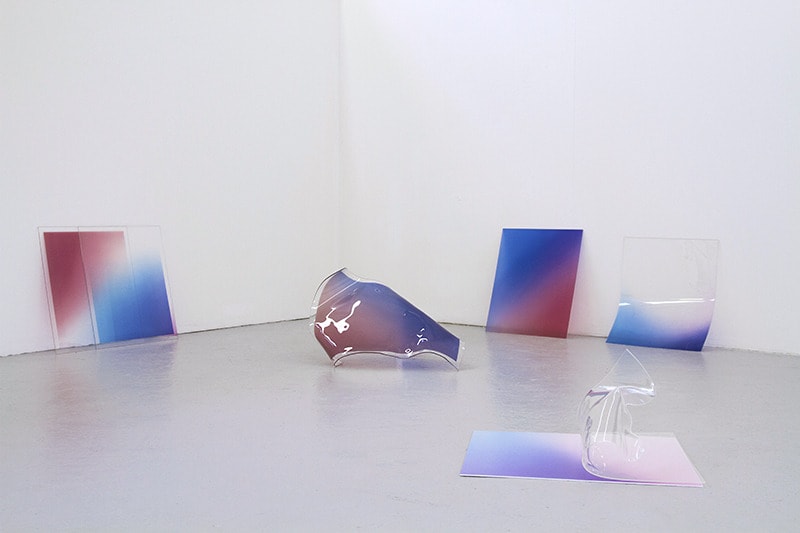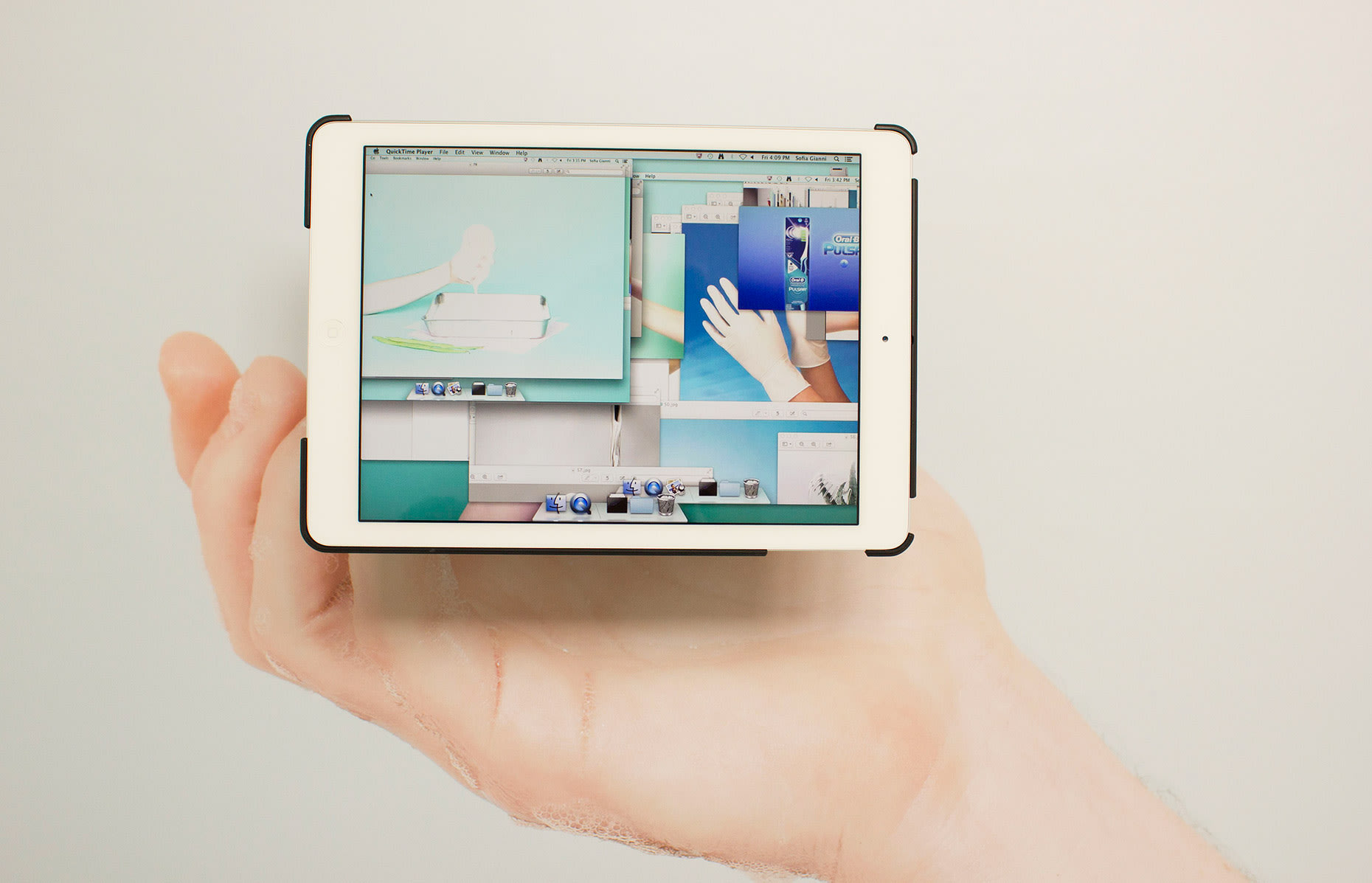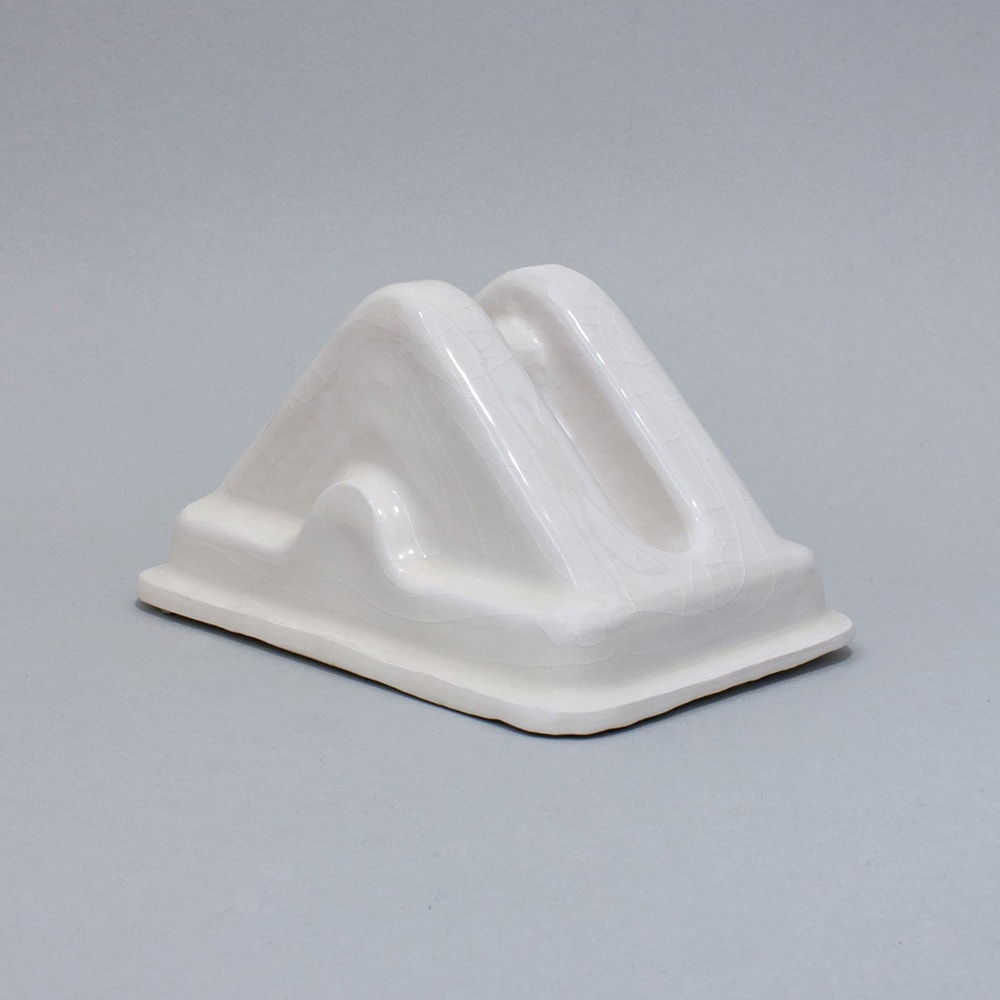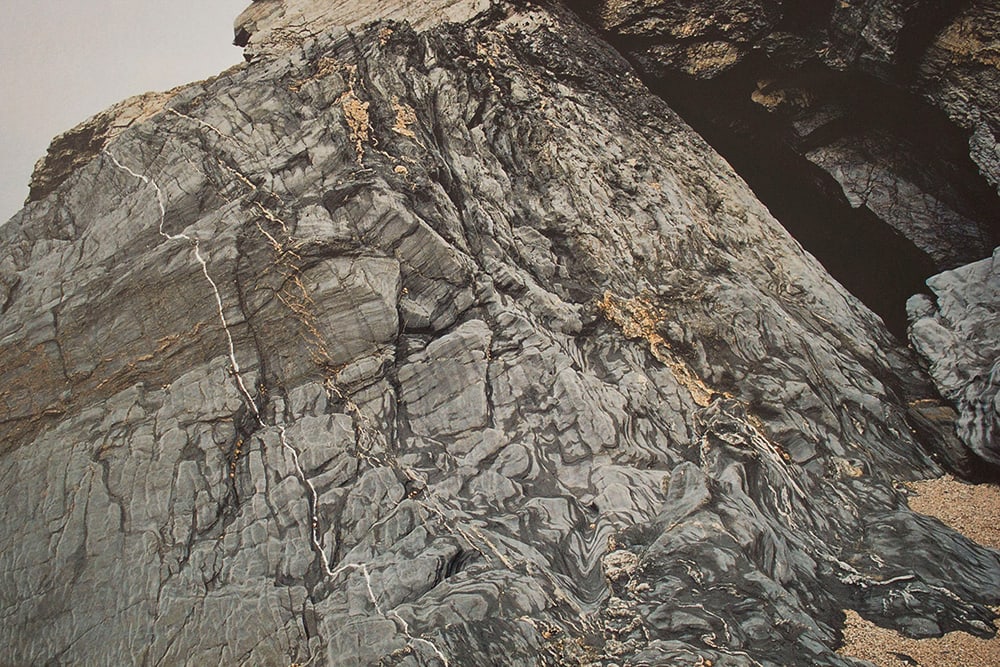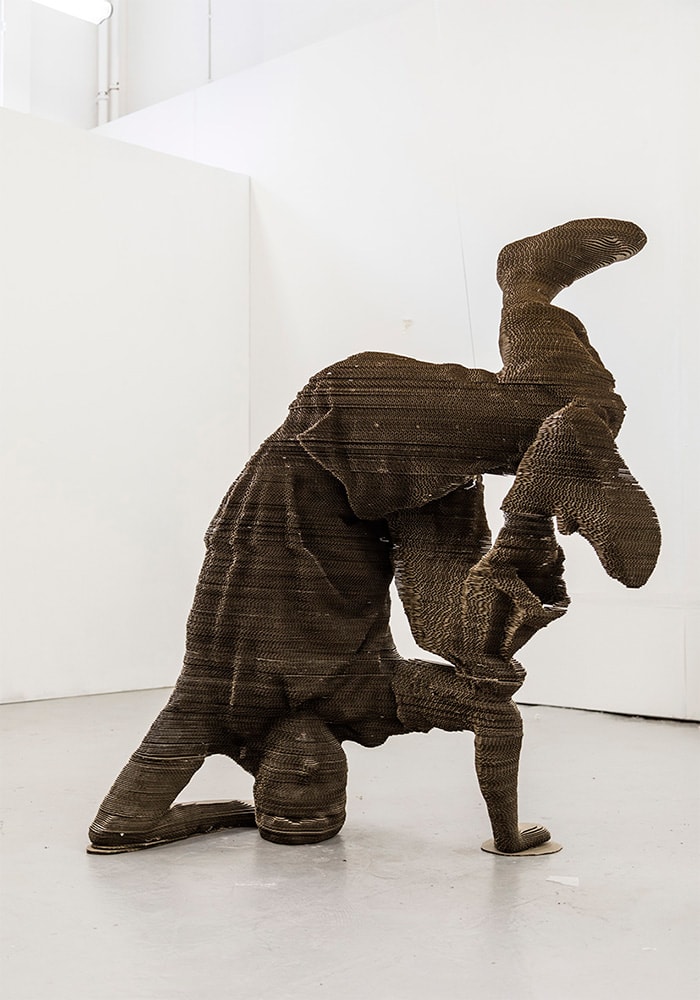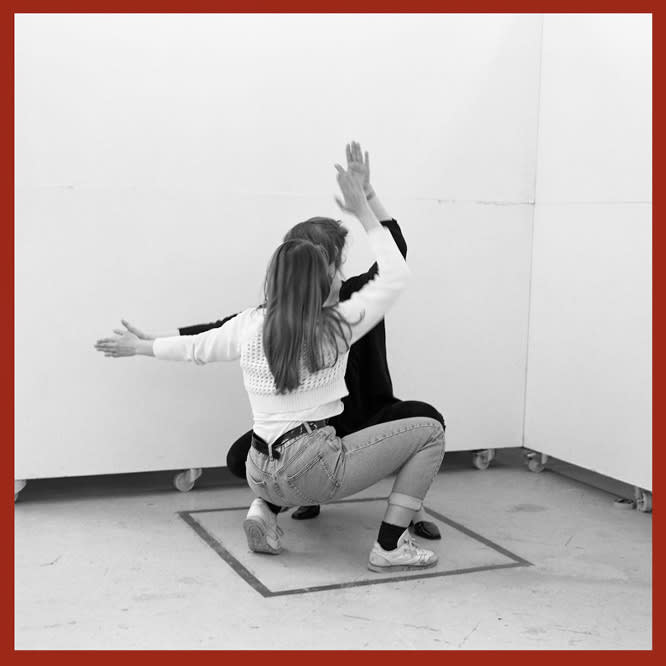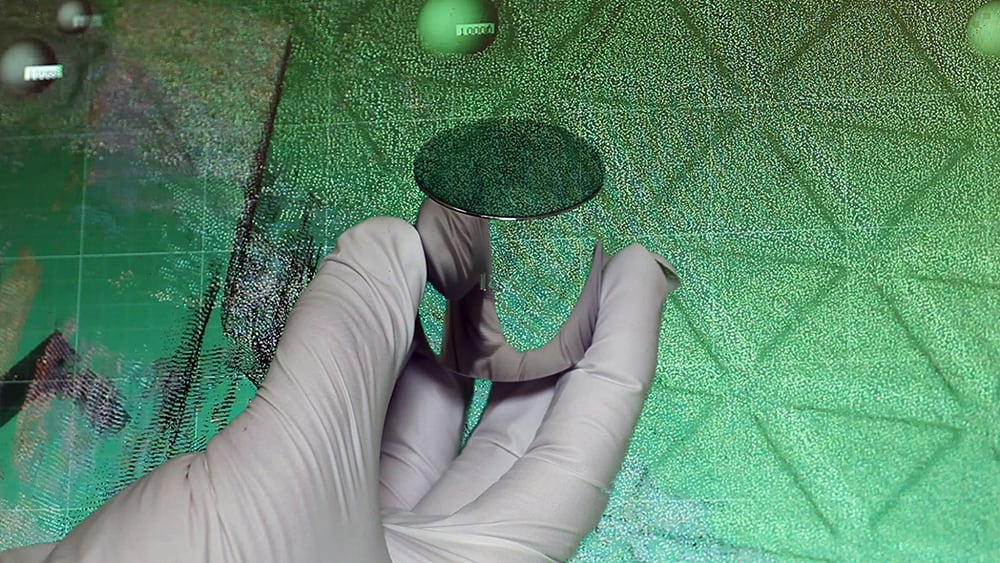Course units
Year 1
Unit 1: Introduction to Fine Art
We’ll introduce you to your discipline and to the studios, technical workshops and library resources that support it. We‘ll orientate you within your course, the College and the University and the local neighbourhood of Camberwell.
Unit 2: Establishing practice
Establish your practice through experimentation with materials, processes, and techniques. You’ll learn to recognise how materials, processes and techniques can generate meaning. You’ll also test how audiences receive your work through open studio events.
Unit 3: Situating practice
Challenge yourself to develop your ongoing self-directed practice by reflecting on the work of other artists. You’ll begin to situate your practice in relation to social and environmental questions and present some of your work in an end-of-unit exhibition.
Unit 4: Initiating dialogue
Consider artistic practice as a conversation. You’ll review and discuss your work with your peers, alongside developing the professional and social skills to communicate your practice confidently.
Year 2
Unit 5: Collaborative and collective practices
We’ll introduce you to the different ways in which collaborative practice can enhance your creative strengths by working towards a shared goal. Develop the ability to collaborate with others, create networks and contribute to communities of practice. This will involve teamwork, engaging in dialogue with others and developing leadership skills.
Unit 6: Critical practice
Consider doing art as a way of thinking critically – a meaningful combination of making, looking and questioning. You'll start to see the relationship between history, philosophy, politics, and art. We’ll challenge you to take responsibility for an ethical and sustainable personal practice.
Unit 7: Show and tell
Make work for an exhibition and learn to speak about it confidently. You’ll evaluate diverse approaches to exhibition making and different forms of artist’s statements. You’ll present your work in 2 exhibitions and produce a written press release and video statement.
Unit 8: Framing and formats
Organise and articulate your thoughts around your practice with a focus on critical contexts, audience engagement and/or the professional art industry. You’ll produce and present a publication as either an illustrated text, recorded presentation or edited video that collates and communicates key aspects of your research and practice with clarity and depth.
Year 3
Unit 9: Professional futures
This unit aims to address the 3Es: employability, enterprise and entrepreneurship. You'll reflect on your learning and skills across the entirety of your study. You’ll have an opportunity to showcase your outcomes and intentions. You'll consider your next steps as you enter industry or continue with your education.
Unit 10: Practice and articulation
Engage in focused research to deepen your knowledge by undertaking 1 of 3 options: A work placement within the art industry, a live project that engages an audience, or an essay addressing critical theory. In each case you’ll demonstrate your ability to sustain an argument and assemble evidence using video, audio visual presentation or illustrated text. You’ll also develop a new artwork and a proposal for a public exhibition.
Unit 11: Practice and presentation
Make the most of 2 opportunities to exhibit your work to a wide external audience. You'll take sustainable and ethical responsibility for your practice and the presentation of new works to public audiences.
Optional Diploma between Years 2 and 3
Between Years 2 and 3 of the course, you’ll also have the opportunity to undertake one of the following additional UAL qualifications:
Diploma in Professional Studies (DPS)
This optional diploma can be taken between years 2 and 3. With support from your tutors, you’ll undertake an industry placement for a minimum of 100 days/20 weeks. As well as developing industry skills, you’ll gain an additional qualification upon successful completion.
Diploma in Creative Computing
Between years 2 and 3, you can undertake the year-long Diploma in Creative Computing. This will develop your skills in creative computing alongside your degree. After successfully completing the diploma and your undergraduate course, you’ll graduate with an enhanced degree: BA (Hons) Fine Art: Photography (with Creative Computing).
Diploma in Apple Development
This optional diploma can be taken between years’ 2 and 3. You’ll have the opportunity to become an accredited Apple developer, undertaking a learning programme designed by Apple for UAL. After successfully completing the diploma and your undergraduate degree, you’ll graduate with an enhanced degree: BA (Hons) Fine Art: Photography (with Apple Development).
